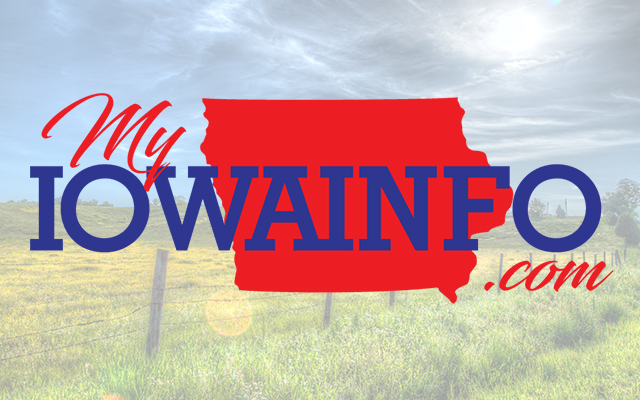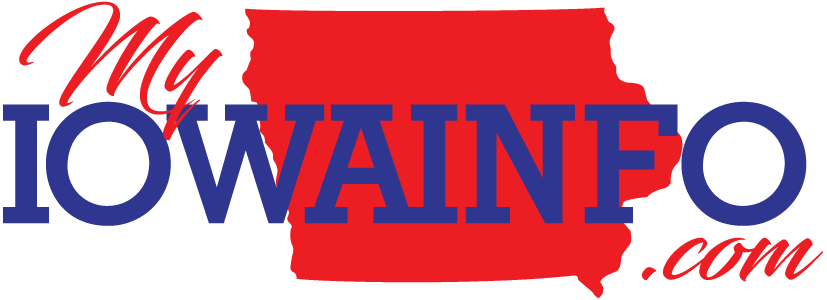Minimum Wage and Social Security Part of Debate Between 2nd District Congressional Candidates

The two major party candidates vying to represent Jasper County and all of Iowa’s second congressional district discussed their differences on Social Security, the federal minimum wage and several health-related issues during an hour-long “Iowa Press” debate last (Thursday) night on Iowa P-B-S. Republican Mariannette Miller-Meeks of Ottumwa says while she’d be willing to consider raising the federal minimum wage, but she feels states are best positioned to set it, taking into account employers and the local cost of living. She adds minimum wage is an entry level, and not meant to be a wage that is to support a family. Democrat Rita Hart of Wheatland says she’d vote to raise the federal minimum wage, which is seven-25 ($7.25) an hour today.
Miller-Meeks criticized Hart for a vote she took in 2018, when she was a state senator, that authorized Farm Bureau plans which offer coverage of health care expenses.
Two other Republican congressional candidates — Ashley Hinson of Cedar Rapids and Randy Feenstra of Hull — voted along with Hart to create the Farm Bureau “health benefit plans.” As President Trump prepares to appoint another U.S. Supreme Court Justice, the prospects for overturning the court decision that legalized abortion rise. Hart, the Democrat in the second district race, supports the Roe versus Wade decision.
Republican Miller-Meeks describes herself as “pro-life” but she also supports making oral contraceptives an over-the-counter medication for adult women.
During last (Thursday) night’s debate, the second district candidates expressed support for a bipartisan fix to ensure the Social Security system remains solvent. Republican Miller-Meeks says a variety of options should be considered and she wouldn’t rule out raising the retirement age or ending Social Security benefits for wealthy Americans.
Democrat Hart opposes raising the retirement age, but she expressed support for starting to charge Social Security taxes on ALL earnings, as Americans aren’t taxed on annual income above 138-thousand dollars.
Both candidates said science shows Earth’s climate is changing and both said the federal government needs to find ways to improve the U.S. transportation system and extend broadband service to every household within five years.


